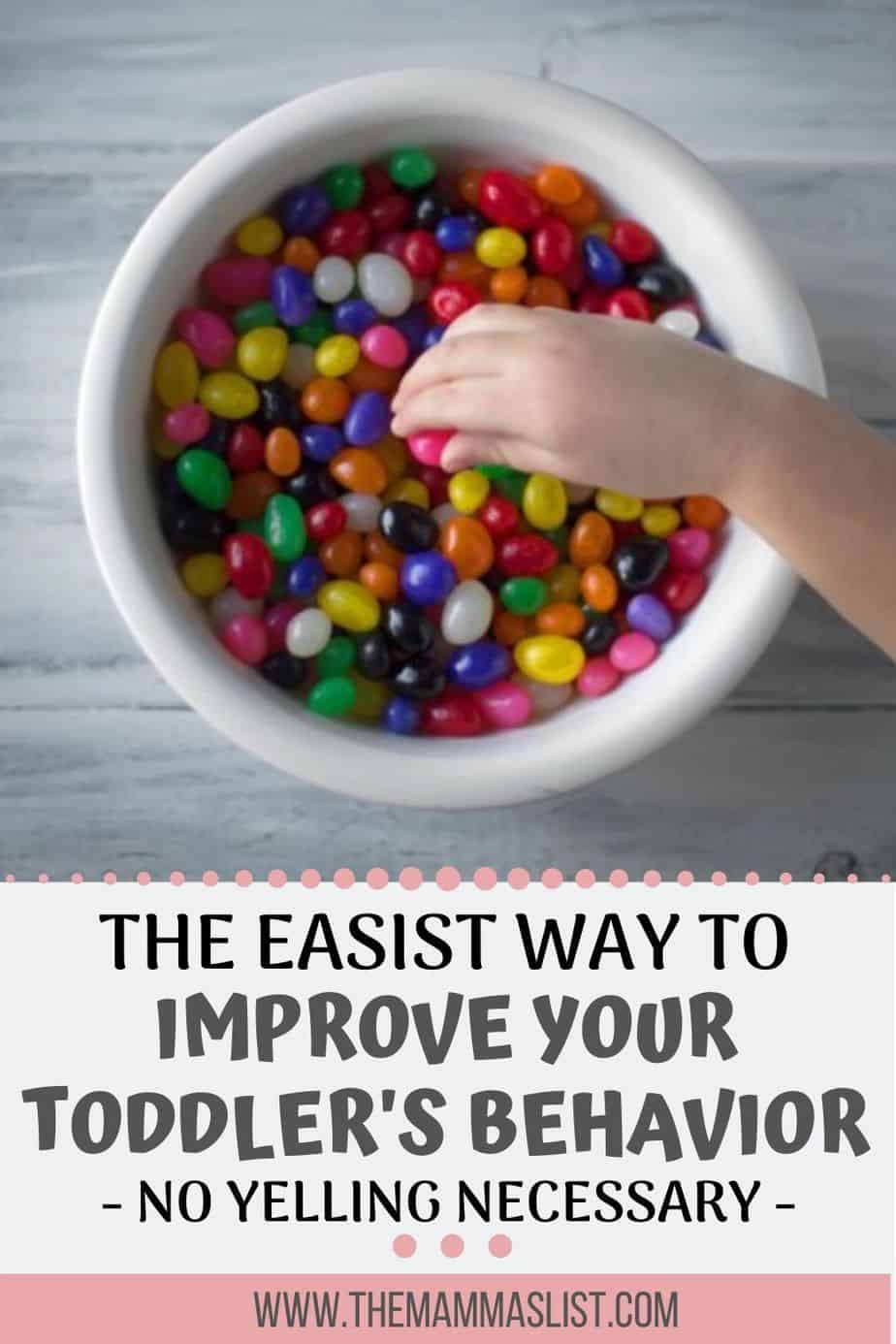Why consistency in parenting is so important
Improving Your Child’s Behavior Through Consistent Parenting
Today’s guest post is from Andy Earle, of Talking to Teens. Although I realize you’re likely not in the teenage phase yet, his advice on consistency in parenting begins at the earliest phases – especially during those tough toddler years.
Author Bio:
Andy Earle is a researcher who studies parent-teen communication and adolescent risk behaviors. He is the co-founder of talkingtoteens.com and host of the Talking to Teens podcast, a free weekly talk show for parents of teenagers.
Without further ado, here is some awesome advice on how consistency in parenting can help improve your child’s behavior.
One of the most detrimental things a parent can do for their new child is exhibit inconsistent parenting. The child won’t learn the recipe for success. Imagine if someone changed the rules of chess every time you played the game. That inconsistency make it almost impossible to learn the strategies to make you a winner. In this article, we’ll talk about how consistency can improve your child’s behavior, as well as offer some pro-parenting tips.
Consistency Will Reinforce Rule-Following Behaviors
This first (and possibly most important) tip is about being consistent with rules and consequences. You also need to ensure that your child understands the rules. If you are consistent and always reward your child’s good behavior, they will learn that following the rules yields a positive result. This is crucial for effective bribing as well. Although bribing is a slippery slope, it can be helpful as t=you work to show your child that learning the rules of a system can be beneficial.
Your child might learn how to take advantage of the system if you inconsistently offer bribes for any kind of behavior that suits the immediate situation. Instead of coming up with new rewards to get your child to do what you want, create a consistent system that your child can learn. This way, they will come to understand and respect the rules, instead of disobeying them until they get offered a reward.

Consistency in Parenting Helps Children Learn Cause and Effect Relationships
This next lesson is about teaching cause and effect through consistency. Employing consequences need to be treated the same way as implementing rewards. Failing to consistently show your child consequences for disobeying the rules will teach them that sometimes they can get away with being disobedient.
If you want your child to avoid certain behaviors, we recommend that you consistently come up with a natural consequence for the action to teach cause and effect. For example, if your child is violent or mean during playtime, you might consider taking away playtime with others for a while. If they don’t share their toys, you might want to take away the toy until they agree to share.
*Carly’s note: HOT TIP BELOW!!
Using a punishment like a time-out for every instance of misbehavior is inconsistent with specific actions, and doesn’t teach cause and effect. This type of inconsistency might make your child want to act out even more because they are missing out on seeing the relationship between their mistake and a fitting consequence.
Emotional Consistency Will Make Your Child More Honest
We also suggest being emotionally consistent so your child won’t be afraid of your reaction if something bad happens. If you are consistently calm, understanding, and respectful in positive situations as well as negative ones, your child will be more honest and willing to open up when they make a mistake or need help.
Having inconsistent emotional reactions like tolerating a certain behavior one day, then yelling at your child for the same behavior the next day, can result in childhood anxiety. Plus, their anxiety might encourage them to keep secrets from you since they won’t know how you’ll react. Without having a healthy way to express their emotions, they will have a greater chance of risky behavior as they get older.
Consistency Works Best Across Caregivers
We highly recommend that you explain your rules to other caregivers for your child, such as teachers, grandparents, and nannies, so everyone treats your child consistently. If your child learns that they can get away with certain behaviors around some authority figures and not others, they will not learn to respect the rules.
Instead, they will treat rules like a game to be manipulated, as they can misbehave in certain situations without consistent consequences or rewards. It’s the same reason why sending a child to boot camp doesn’t improve their behavior when they get home, it’s a different situation with different authority, and they’re not learning about the why the rules are important.
Final Thoughts
Being a consistent parent requires a lot of effort and attention, making it nearly impossible to be consistent every hour of every day. While we recommend these tips as guidelines for effective parenting, we also recognize that it’s important to be flexible in different situations. Parenting can be tough, and you’re not always going to get it right, but implementing consistency from the beginning is important.
If you’re in an overwhelmed phase, check out my tips on how to get a break as a new mom.
Carly’s Note:
I hope you enjoyed this post from Andy! Feel free to reach out and let me know if changing your parenting style or working to become more consistent resulted in any improvements to your child’s behavior.
If you found this helpful, please pin it and save for later. Sharing is caring!









